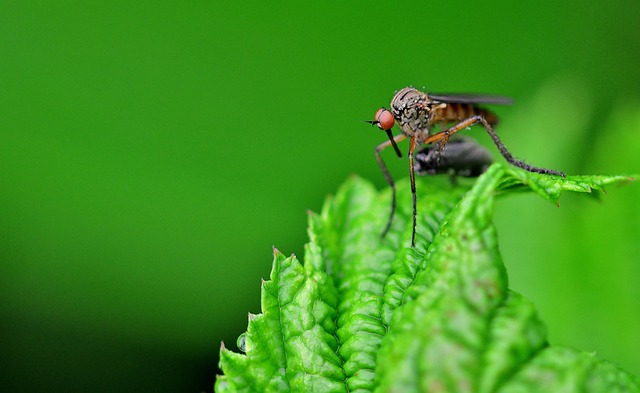Mosquitoes pose a health risk but can be managed through understanding their behavior and breeding habits. Homeowners can reduce mosquito populations by eliminating standing water and adopting natural repellents like essential oils and plant-based methods. Traditional sprays and traps have limitations, encouraging eco-friendly solutions with technology like smart sensors and ultrasonic waves. Year-round mosquito control involves seasonal strategies, from larvicides to sealing entry points, ensuring a comfortable outdoor experience.
Mosquitoes are more than just a nuisance; they pose significant health risks, transmitting diseases like Zika, West Nile, and Dengue. Effective mosquito control requires a multi-faceted approach. This comprehensive guide explores various strategies to combat these pesky vectors. From understanding their behaviors and breeding grounds to natural repellents, water management, community efforts, modern technology, and eco-friendly practices, we provide insights for year-round protection against mosquitoes. Discover the best methods to create mosquito-free environments in your home and community.
Understanding Mosquitoes: Behaviors and Breeding Grounds
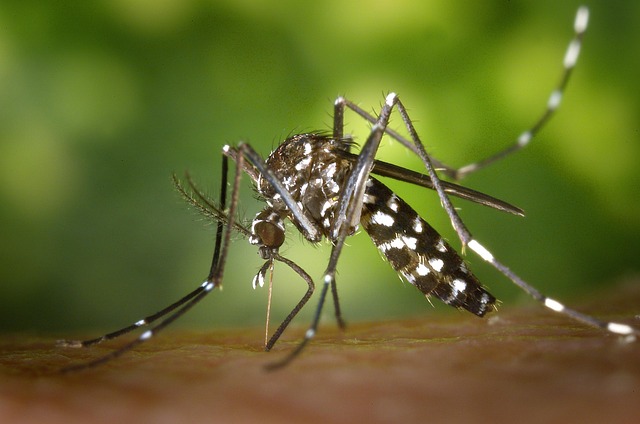
Mosquitoes are more than just a nuisance; they’re complex creatures with specific behaviors and breeding habits that play a significant role in their impact on human health and well-being. Understanding these patterns is key to effective mosquito control. Adult mosquitoes primarily feed on blood, seeking out hosts through carbon dioxide exhaled and body heat. They’re especially active during dawn and dusk, when they mate and lay eggs.
Mosquito breeding grounds are typically stagnant bodies of water where females lay their eggs. Common sites include puddles, birdbaths, buckets, clogged gutters, and even small pools of water left by heavy rainfall. By identifying and eliminating these breeding areas, homeowners can significantly reduce mosquito populations. Regularly emptying standing water containers and maintaining proper drainage systems are essential measures in the ongoing battle against mosquitoes and the diseases they may transmit.
Traditional Mosquito Control Methods: Sprays and Traps
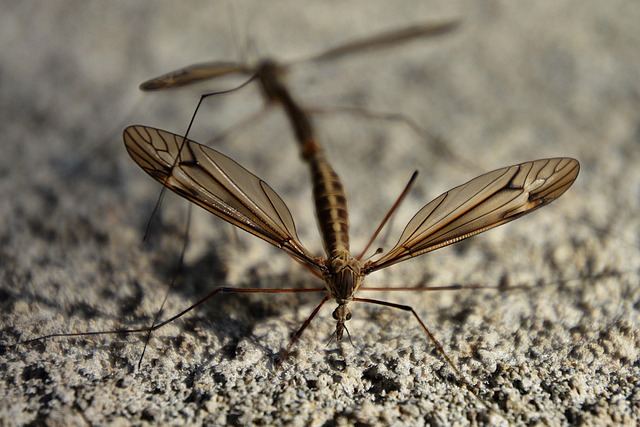
Traditional mosquito control methods involve the use of sprays and traps, which have been in practice for decades. Insecticide sprays are commonly used to target adult mosquitoes resting in areas like bushes and trees or gathered around water sources. These chemicals can be effective but pose potential health risks, especially when misused or applied indoors without proper ventilation.
Traps, on the other hand, lure mosquitoes with carbon dioxide, heat, or light and then kill them. While traps can help reduce mosquito populations in specific areas, they often require frequent replacement and may not be as efficient in large-scale mosquito control efforts. The effectiveness of these traditional methods varies depending on the type of mosquito species and their behavior patterns, highlighting the need for more tailored and eco-friendly solutions in residential settings.
Natural Repellents and Plant Choices for Mosquitoes
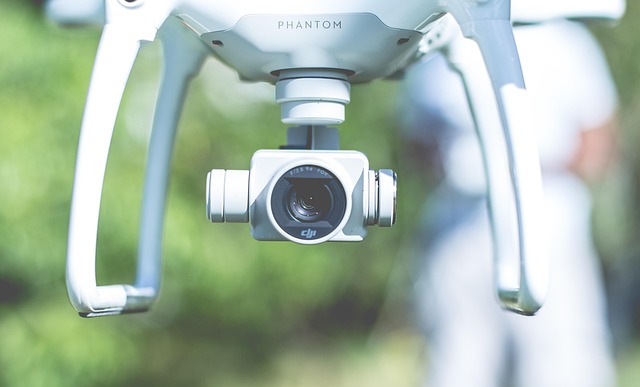
Many people opt for natural mosquito control methods due to their safety and environmental benefits. One effective approach is leveraging natural repellents, such as citronella, lavender, and lemongrass, which can be planted around homes or used in diffusers. These plants contain compounds that mosquitoes find unappealing, acting as a scent barrier to keep them at bay.
Additionally, certain plants like marigolds, basil, and petunias are known for their mosquito-repelling properties. Incorporating these fragrant flora into gardens or outdoor spaces can create a natural haven free from mosquito bites. Choosing plant-based solutions is not only an eco-friendly option for mosquito control but also adds beauty and fragrance to your surroundings.
Water Management: Reducing Standing Water Sources

Mosquito control starts with proper water management, as standing water is where these pests breed. Eliminating or managing stagnant water sources around your home is a critical first step in mosquito control. This includes emptying water from flower pots, buckets, and containers, cleaning birdbaths regularly, and ensuring gutters are clear to prevent water buildup.
Regular maintenance can significantly reduce mosquito breeding grounds, making your environment less welcoming to these vectors of disease. By addressing standing water, you take a proactive approach to mosquito control, contributing to a healthier and safer living space for both you and your community.
Community Efforts: Collaboration for Effective Control

Community collaboration plays a pivotal role in effective mosquito control, as no single individual or entity can combat this persistent problem alone. By joining forces, neighbors, local governments, and community organizations can create a comprehensive strategy to significantly reduce mosquito populations. This collective effort involves sharing resources, knowledge, and best practices, ensuring a more coordinated approach to treatments and prevention.
Through community-led initiatives, residents can organize regular inspections of their surroundings to identify and eliminate breeding grounds, such as stagnant water in abandoned containers or clogs in drainage systems. Additionally, collaborative actions like the timely removal of debris and the proper management of green spaces contribute to a mosquito-unfriendly environment. Such collective actions not only benefit individual homes but also create a healthier, more enjoyable living space for everyone in the community, ultimately enhancing overall mosquito control efforts.
Modern Technology in Mosquito Monitoring and Elimination
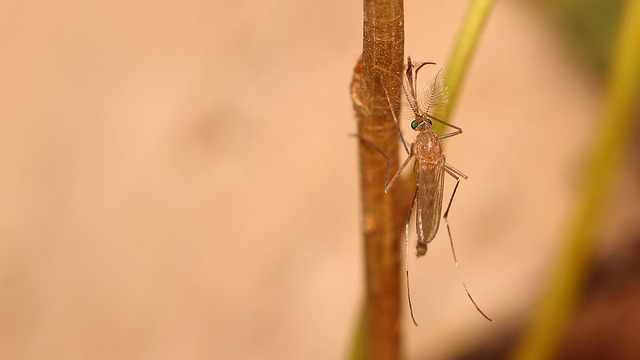
Modern technology has significantly enhanced mosquito monitoring and control methods, offering more effective solutions for homeowners seeking to eliminate these pesky insects from their living spaces. One notable advancement is the use of smart sensors and IoT (Internet of Things) devices that can detect and track mosquito populations in real-time. These innovative tools utilize advanced sensors to monitor environmental conditions, such as temperature, humidity, and carbon dioxide levels, which attract mosquitoes. By analyzing these data, homeowners and professionals can identify areas prone to mosquito activity and implement targeted control measures.
Additionally, modern technology has given rise to eco-friendly and precise mosquito elimination methods. For instance, ultrasonic devices that emit high-frequency sound waves have proven effective in repelling mosquitoes without causing harm to humans or pets. Another game-changer is the use of UV light traps, which attract mosquitoes with ultraviolet radiation and then safely eliminate them using electric currents. These technologies not only contribute to improved mosquito control but also promote a healthier environment by reducing the reliance on chemical pesticides.
Safe and Eco-Friendly Mosquito Control Practices

Many traditional mosquito control methods rely on chemicals that can be harmful to both the environment and human health. As a result, there’s a growing trend towards adopting safe and eco-friendly practices for mosquito management. These natural solutions not only reduce exposure to toxic substances but also foster a healthier ecosystem. One effective approach is using plant-based repellents and essential oils known for their mosquito-deterring properties. For instance, citronella, lavender, and peppermint oils can be applied topically or diffused in the air to create a protective barrier against these pests naturally.
Additionally, removing standing water from your surroundings plays a pivotal role in mosquito control. Mosquitoes breed in stagnant water, so eliminating potential habitats like old tires, buckets, or clogged gutters can significantly reduce their population. Introducing natural predators such as bats and birds is another eco-friendly tactic that helps maintain a balance in nature’s mosquito control system. These methods not only provide relief from mosquito bites but also ensure a safer, greener environment for both humans and the surrounding wildlife.
Year-Round Protection: Seasonal Strategies and Tips
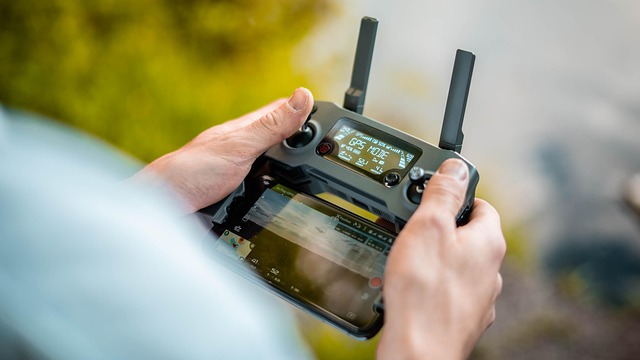
Maintaining a mosquito-free environment is a year-round commitment, as these pesky insects can adapt and thrive in various seasons. To achieve effective mosquito control, property owners must implement strategies tailored to each season. In the warmer months, adult mosquitoes breed rapidly, so focusing on larvicides and adulticides is key. Applying mosquito treatments to standing water sources like buckets, flower pots, and bird baths can disrupt their breeding cycle. Additionally, using outdoor insecticides or repellents during peak activity times can significantly reduce adult mosquito populations.
As the weather cools down, mosquito behavior changes, and they become less active. However, it’s crucial to continue monitoring and treating areas where mosquitoes might still breed, such as fallen leaves and stagnant water in gutters. Seasonal tips include trimming vegetation to improve air circulation, sealing entry points around doors and windows, and considering professional mosquito misting systems for prolonged protection. By adopting these strategies, residents can enjoy outdoor spaces without the nuisance of mosquitoes throughout all seasons.
